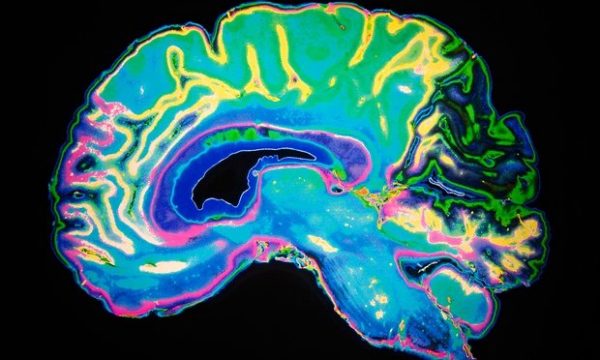Neuroscientists at Oxford just discovered how your brain moves memories into long-term storage. It’s called an anti-memory, and it’s more helpful than it sounds.
Memories, at their most basic, are electrical impulses. But what happens if those impulses are always firing? Would they overload your brain the same way that running too many programs on your computer would fry its RAM?
The answer is yes. Scientists think that these overly excited neurons could be the culprits behind conditions like epilepsy, schizophrenia, and autism. The balancing agent that keeps that from happening are anti-memories.
In order for your brain to form a memory it needs a certain rest from that particular pattern of neural activity. This is where anti-memories come into play. They are responsible for your brain making a memory just as much as the memory is.
Think of them as defragging the brain’s RAM. Anti-memories are neurons that lower the electrical activity generated by memory creation and keep the brain from getting overloaded.

They don’t affect memories; they are like the ‘counter opposites’ responsible for balancing your brain’s activity and health.
They do not look different from other memories, in fact, they do not ‘look’ at all. Just like darkness is an absence of light they ‘look’ like an absence of brain activity.
When you form a memory, your brain assembles it from different parts, rebuilding it each time from scratch.
Every time you retrieve a memory, you increase your brain’s ability to recall it by strengthening the neural pathway to that memory. That makes the memory stronger and easier to recall in the long run.
However, every time you remember a certain event you don’t remember the event per se, but you recall the last neural activity associated with that event. This is what strengthens but also slightly distorts our memories.
Like everything in life, this relationship clearly shows the importance of counter opposites in order for balance to be maintained.
Just as much as you need to work, you need to play; just as much as you need to exercise, you need to take a rest; just as much as you need to keep a healthy lifestyle, you need a ‘cheat’ day; just as much as we need the day, we need the night; and just as much as your brain needs memories, it needs anti-memories.
Source: Big Think;






